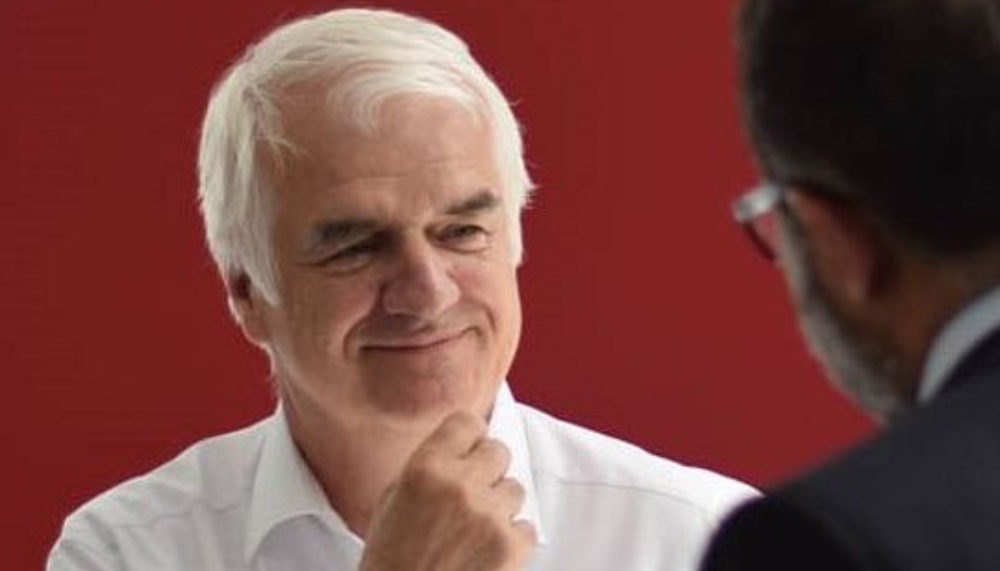BLOG POST | 8 Jan 2019
2018 – A bad omen for the future?

In future, the year 2018 may be seen as a bad omen for the breakdown of the cooperative global order that was originally designed by the UN Charter in 1945.
By Hans-Joachim Giessmann
In future, the year 2018 may be seen as a bad omen for the breakdown of the cooperative global order that was originally designed by the UN Charter in 1945. It was filled with hope after the end of the Cold War, yet is increasingly eroding since the beginning of the 21st century.
The portents are strong and numerous: Nuclear arms control, regional conflict settlement, free trade, global climate protection, combatting poverty and hunger, humanitarian assistance, human rights – in every area where international cooperation is vital, 2018 was a year of setbacks and disappointments.
Still more detrimental than failed collaboration is the loss of trust in the reliability of international regimes and institutions. Unilateral abandonment of agreements, the renunciation of the search for compromise and its replacement by zero-sum games based on power projection, the pursuit of interests without taking the interests of others into account – all of this undermines confidence in the attainability of constructive conflict resolution through negotiations and cooperation. And it diminishes trust in the sustainability of agreements achieved.
Still more detrimental than failed collaboration is the loss of trust in the reliability of international regimes and institutions.
As tempting as it is, it would be mistaken to assign responsibility for this misery to Donald Trump’s manner of running his government, or to the United States alone. True, a cooperative global order would not exist without the active participation of the US. Its pillars rest mainly on the active role the US played in developing the UN Charter. Therefore, it is also true that the US is capable of destroying those pillars, so the manner in which each US President governs is important in sustaining them.
But just as the US does not bear sole responsibility, it can also not safeguard a global order without partners. Responsibility falls on many shoulders. It is disturbing to see that a lack of ability to resolve national or international crises strengthens and brings to power those actors who are ready to dismantle not only the rules of international law but also of democracy in many places around the world.
And what about Europe? The year 2018 saw the 100th anniversary of the end of World War I. The solemn act in November in Paris could not disguise the current deep crisis of the European peace project, especially of its anchor, the European Union. The increasing influence of extremist forces in almost all member states is a cause for concern.
In the past, there were many doubts about the EU’s ability to agree on joint foreign policy goals. Today, however, for the first time ever, it is the future willingness and ability of the EU to keep the community together that are in doubt.
In order to prevent the bad omen from becoming a reality, resolute counteraction is required in 2019. There is no better or more reliable option than cooperation.
Here are three recent signs of hope where cooperation can succeed over division and hostility:
In December, negotiations about first steps to end the war in Yemen took place in Stockholm. There are also indications of potential peace negotiations, which would include the Taliban, in Afghanistan. Finally, the government of Sudan and the armed opposition signed a framework agreement for future negotiations to settle the conflict in Darfur.
In all three cases, the path to peace remains long and thorny. Nevertheless, for the first time in a long while, it does seem possible. In each case, the Berghof Foundation was able to provide support. Together with our partners, we will continue our work in support of these and other endeavours in 2019 as well.
Media contact
You can reach the press team at:
+49 (0) 177 7052758
email hidden; JavaScript is required


